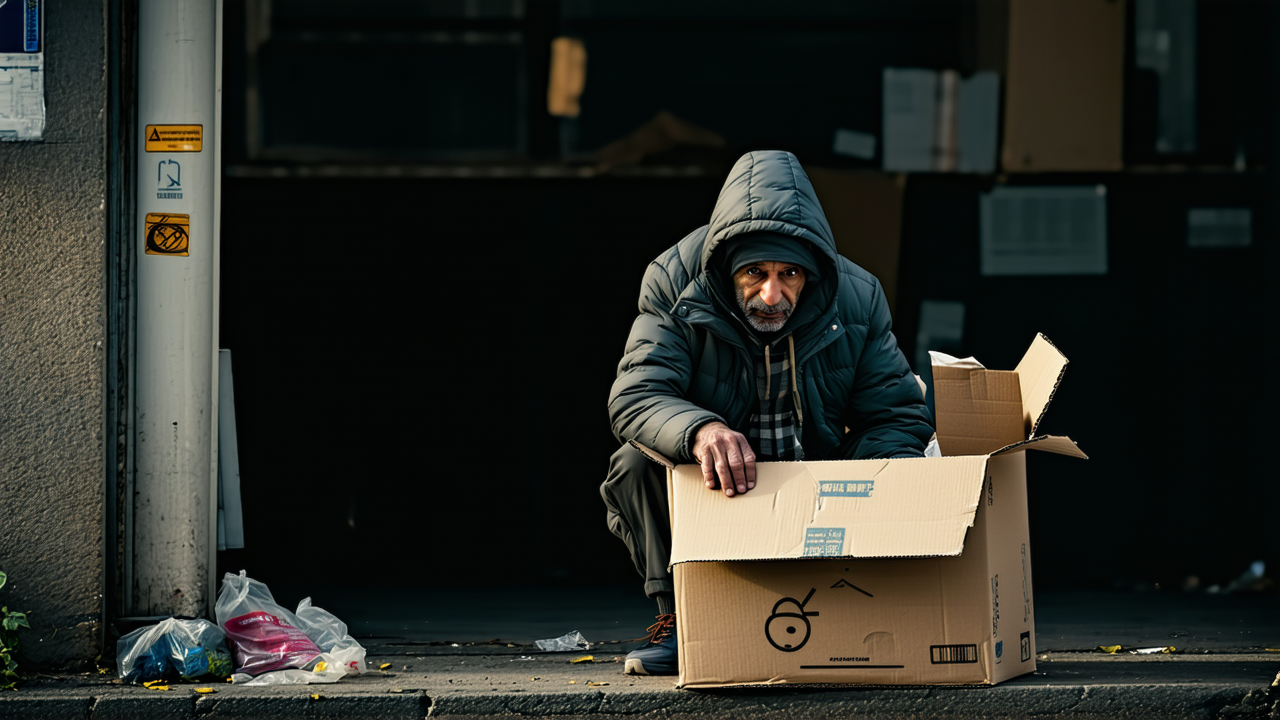Homelessness in Auckland Reaches Crisis Levels, Council Demands Government Action
Homelessness in Auckland Reaches Crisis Levels, Council Demands Government Action
By: Senior Editor
Published: July 2025
The number of people sleeping rough in Auckland has surged by 90% since September 2024, reaching a staggering 809 individuals. This alarming increase has led the city's Community Committee to declare a crisis and call on the government to take immediate action.
The Auckland Council’s Community Committee has voted to write a formal letter to the government, urging it to engage with frontline agencies to understand the root causes of homelessness and to implement effective solutions. The letter emphasizes the need for the government to use data from on-the-ground organizations, alongside the 2023 census, to inform its response.
A Crisis in the Making
Committee chair and councillor Angela Dalton highlighted the severity of the situation, stating that homelessness has reached a crisis point in Auckland and is likely to continue rising. She emphasized that policy changes in recent years have made it harder for people to access emergency housing, exacerbating the issue.
"We need a shift in policy change, we need understanding and a bit of compassion to understand why our people are homeless and how we can provide them with a roof over their heads," Dalton said.
The Human Cost of Homelessness
Helen Robinson, representing the Auckland City Mission and the Coalition to End Women's Homelessness, spoke to the committee about the disproportionate impact of homelessness on women. The coalition’s research indicates that 46% of homeless women in the country live in Auckland, highlighting a significant disparity in the crisis.
Robinson stressed the urgent need for a system that genuinely responds to the needs of those experiencing homelessness, including providing appropriate housing and support services.
A Call for Compassion and Policy Reform
The committee has called for a reevaluation of current emergency housing policies and a renewed commitment to working with organizations on the ground. They argue that current policies have made assumptions about the willingness of individuals to seek help, which is not always the case.
"There's some policies that have been changed that show a lack of compassion because they are making assumptions that people are not trying hard enough," Dalton said.
A recent government report found that 14% of people leaving emergency housing may still be homeless, underscoring the need for more comprehensive and long-term solutions.
As the city grapples with this growing crisis, the council continues to push for a more compassionate and data-driven approach to addressing homelessness. The hope is that by working together with frontline agencies, the government can develop policies that truly make a difference in the lives of those affected.
